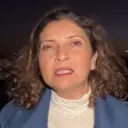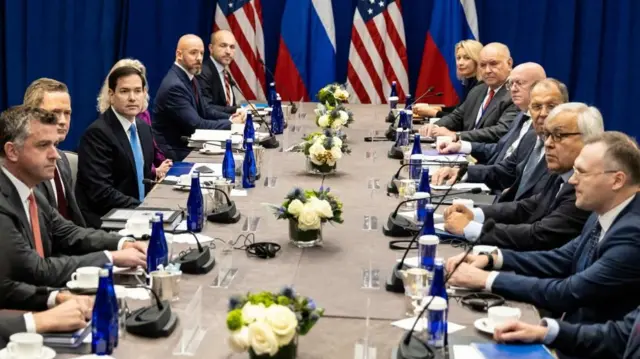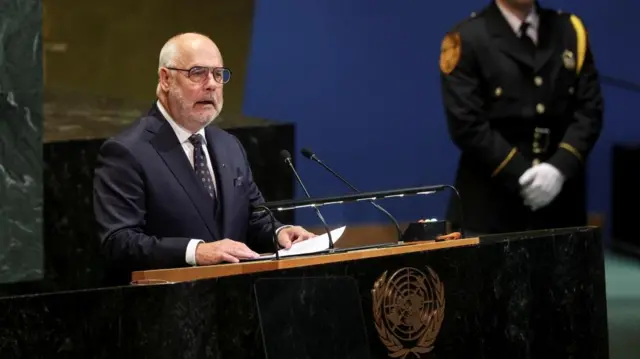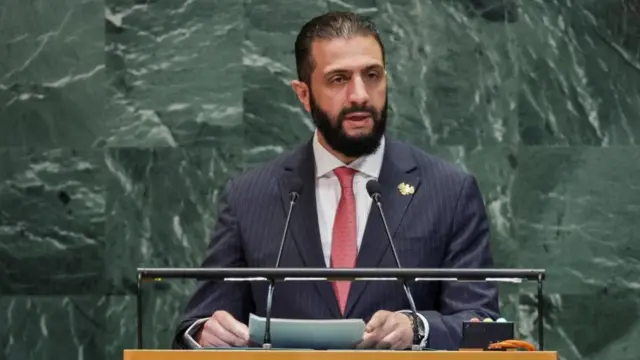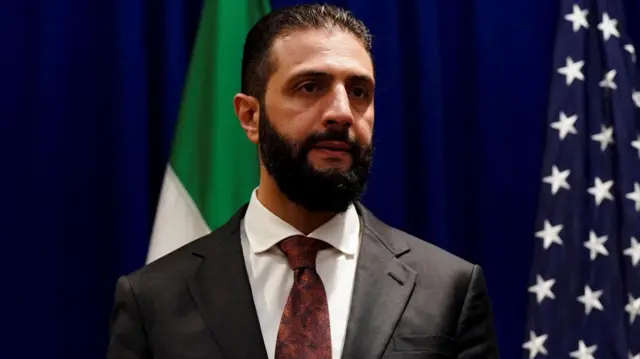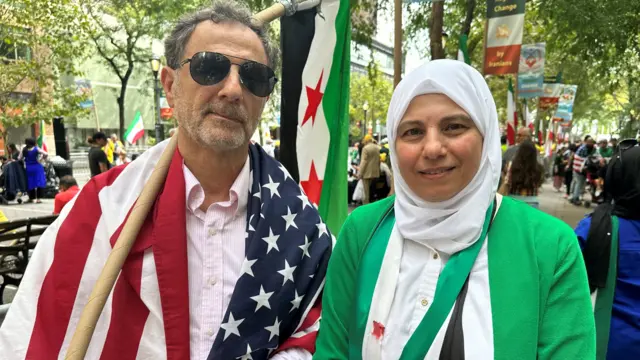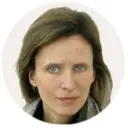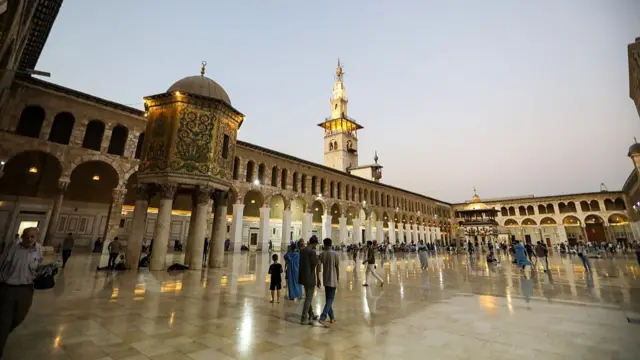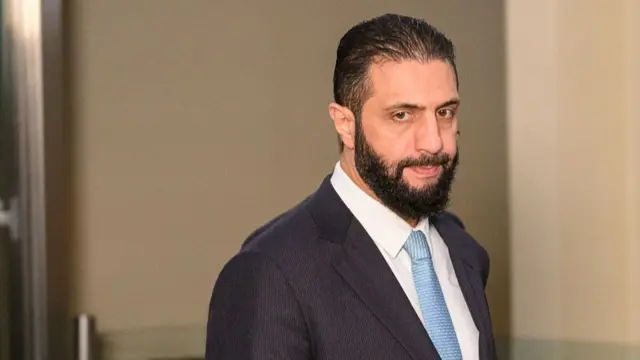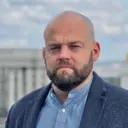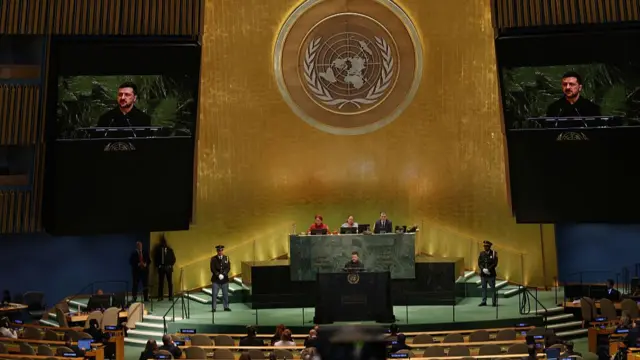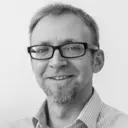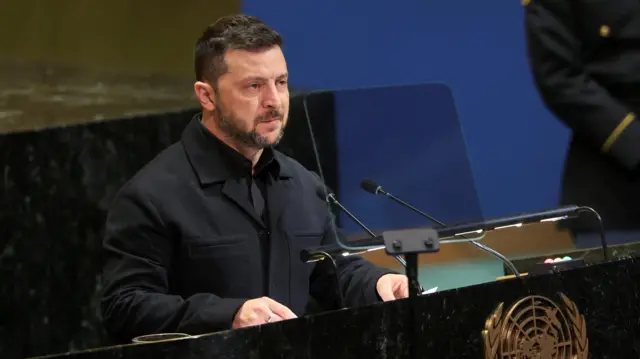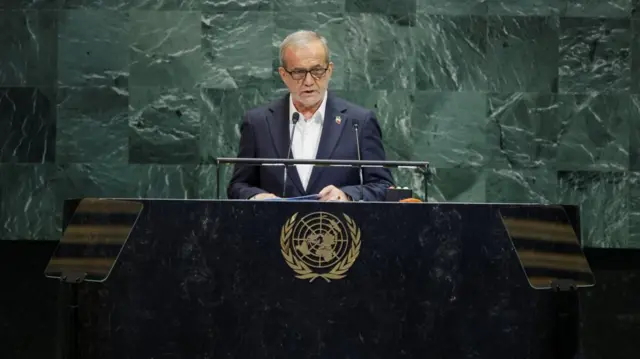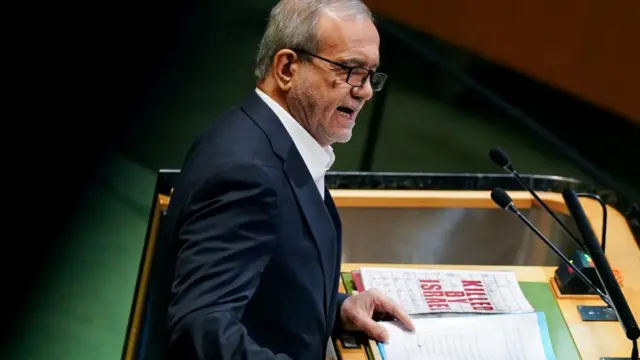Ukraine and Middle East dominate in New Yorkpublished at 19:25 BST 24 September
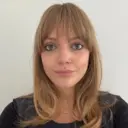 Freya Scott-Turner
Freya Scott-Turner
Live reporter
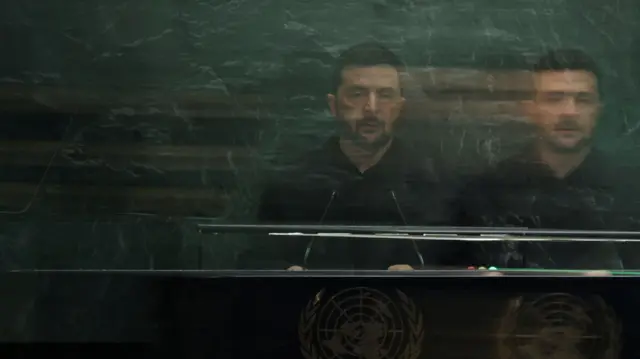 Image source, Reuters
Image source, ReutersAs the United Nations headed into the second day of its General Assembly, Donald Trump's comments yesterday that Kyiv can "win all of Ukraine back in its original form" hung over proceedings.
During his address, Ukraine's Volodymyr Zelensky renewed his warnings over Russia's aggression. Vladimir Putin "will keep driving the war forward", he said, telling them: "Stopping him now is cheaper."
Reeling from a recent Russian incursion into its airspace, the President of Estonia echoed Zelensky's warnings, urging for more collective action to stop a Kremlin "willing to inflict destruction".
On the sidelines of the gathering, US Secretary of State Marco Rubio told his Russian counterpart Sergei Lavrov to "stop the killing".
The Middle East was also in focus, with Ahmad al-Sharaa becoming the first Syrian president to address the UN since 1967. He called for an easing of sanctions still in place on Syria and for international condemnation of recent Israeli strikes on his territory.
Elsewhere, Iran's Masoud Pezeshkian told delegates that his country has "not sought and will never seek" to build a nuclear bomb. France's Emmanuel Macron later issued a warning that Iran has "hours" left to secure a deal to allow international inspection of its nuclear programmes, or else face fresh sanctions.
We're ending our live coverage for the time being but there is plenty more to read about today's developments at the UN elsewhere on the BBC News website:
